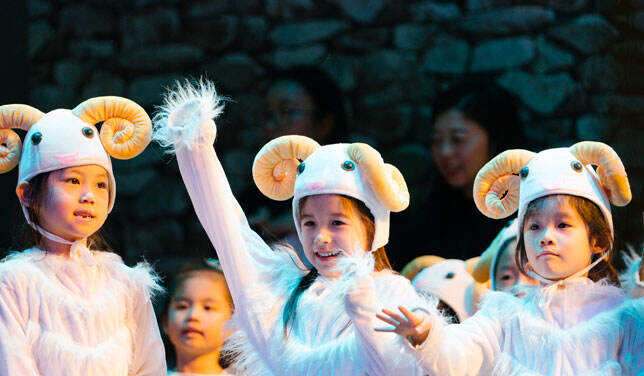University guidance | Extra-curricular activities
2020-04-01
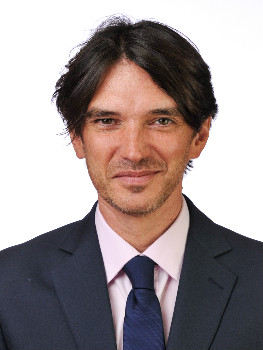 Steve Tippen
Director of Higher Education and Careers
In the first article in this series I explained the distinction I make between extra-curricular activities, the broader activities pupils engage with in addition to their academic studies, and super-curricular activities, those activities which look to extend a pupils knowledge of a particular subject beyond their current curriculum. I also focused on the role that super-curricular involvement plays within the admissions decisions of UK-style universities. This second article focuses much more on the role that extra-curricular activities play within a US-style admissions process. It also seeks to give some basic advice to parents and pupils about when they should focus on these activities and how to do so.
With US-style application it is not that they aren’t interested in subject specific (super-curricular) study. It is that they wish to see a more ‘rounded’ view of the candidate – this is commonly referred to as the ‘holistic’ admissions process. The decision-making process involves an admissions team with a university-wide focus rather than merely representatives of a particular subject faculty. Consequently, the key question they will be asking is, "What contributions, both in and outside of class, will this candidate make to the wider college community? How will they be an asset to the university at this time and in the future?"
Steve Tippen
Director of Higher Education and Careers
In the first article in this series I explained the distinction I make between extra-curricular activities, the broader activities pupils engage with in addition to their academic studies, and super-curricular activities, those activities which look to extend a pupils knowledge of a particular subject beyond their current curriculum. I also focused on the role that super-curricular involvement plays within the admissions decisions of UK-style universities. This second article focuses much more on the role that extra-curricular activities play within a US-style admissions process. It also seeks to give some basic advice to parents and pupils about when they should focus on these activities and how to do so.
With US-style application it is not that they aren’t interested in subject specific (super-curricular) study. It is that they wish to see a more ‘rounded’ view of the candidate – this is commonly referred to as the ‘holistic’ admissions process. The decision-making process involves an admissions team with a university-wide focus rather than merely representatives of a particular subject faculty. Consequently, the key question they will be asking is, "What contributions, both in and outside of class, will this candidate make to the wider college community? How will they be an asset to the university at this time and in the future?"
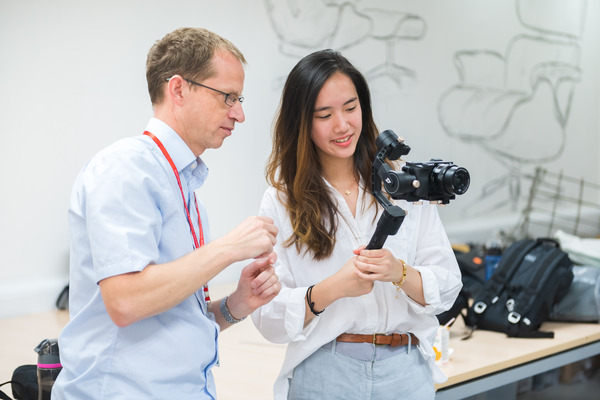 This focus on extra-curricular involvement also reflects the fact that the subject or major a pupil is applying for is generally less important in the US admissions process. For most institutions it is not necessary to apply with a specific major in mind (undecided) and the specific major a student eventually studies is often only decided at the end of the first or into the second year of study. Most universities adopt a ‘liberal arts’ approach which focuses initially on a broad general education in a range of courses encompassing the arts, humanities and sciences. This allows a student to develop their core set of skills before looking to specialise within a particular area. As ever there are obvious exceptions to this approach. Pupils applying for a specific selective major, within a particular school or those applying for a specialist institution, like an art school, will need to demonstrate specific talent and interest in their chosen area. Regardless of this, evidence of the type of subject specific involvement, such as attending summer schools or wider reading, mentioned in the previous article will, of course, also be valued by US-style universities, and will provide evidence of a pupil’s overall academic talent. However, generally speaking, there will be greater focus on a pupil’s overall contribution and this is, subsequently, the focus of this article.
This focus on extra-curricular involvement also reflects the fact that the subject or major a pupil is applying for is generally less important in the US admissions process. For most institutions it is not necessary to apply with a specific major in mind (undecided) and the specific major a student eventually studies is often only decided at the end of the first or into the second year of study. Most universities adopt a ‘liberal arts’ approach which focuses initially on a broad general education in a range of courses encompassing the arts, humanities and sciences. This allows a student to develop their core set of skills before looking to specialise within a particular area. As ever there are obvious exceptions to this approach. Pupils applying for a specific selective major, within a particular school or those applying for a specialist institution, like an art school, will need to demonstrate specific talent and interest in their chosen area. Regardless of this, evidence of the type of subject specific involvement, such as attending summer schools or wider reading, mentioned in the previous article will, of course, also be valued by US-style universities, and will provide evidence of a pupil’s overall academic talent. However, generally speaking, there will be greater focus on a pupil’s overall contribution and this is, subsequently, the focus of this article.
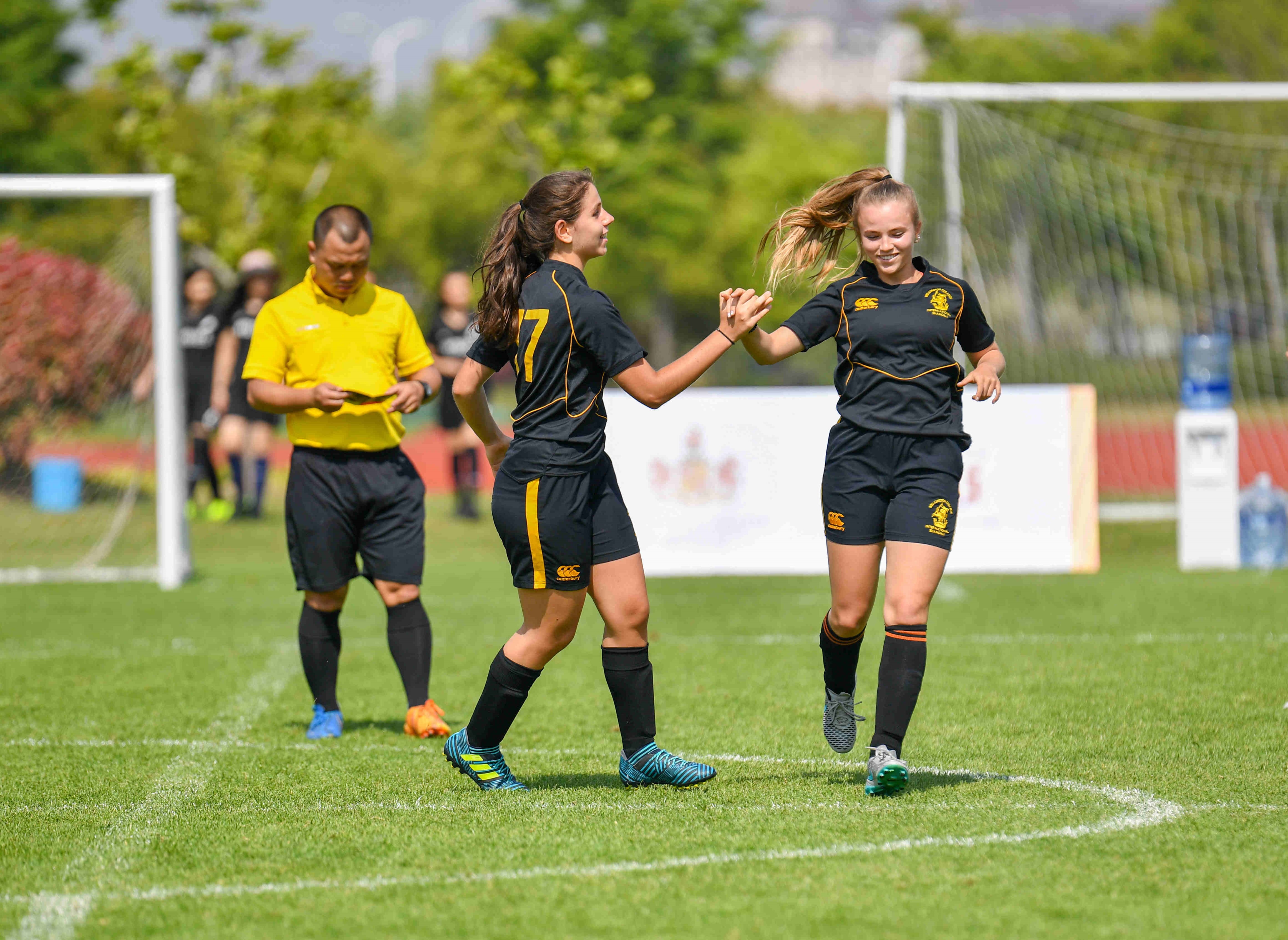 A pupil’s extra-curricular involvement will be assessed in a number of potential ways by a US-style university. The most obvious way is through a pupil’s activity list which they compile as part of many central application systems such as the Common App. Here they have to list 8-10 activities which they wish to highlight. They usually have to state the activity type and how long they have participated and what their role has been (e.g. captain of the football team) as well as any major achievements or awards they have received whilst undertaking this activity. In addition, the pupil may use their extra-curricular activity as the main focus of their response to an essay prompt they are given for their general application or for a university specific essay. For example, for the past few years one of the essay prompts set by the Common App has been to: "Describe a topic, idea, or concept you find so engaging that it makes you lose all track of time. Why does it captivate you? What or who do you turn to when you want to learn more?" – It would be very easy to use a pupil’s extra-curricular involvement to answer this. Finally, some universities will allow pupils to send supplemental information (a video, extra recommendation, artwork etc.) to enhance their application. Where allowed this offers the perfect opportunity for a pupil to highlight a particular talent (such as a musical talent) which may not be central to their application but may illustrate how they can contribute to university life in other ways. Caution, however, should be taken not to overuse a particular activity or talent. A pupil who uses the same activity (e.g. dance) within their activity list, their college essay and as part of a supplemental (and potentially mentioned within their recommendations) is in danger of appearing ‘one-dimensional’.
A pupil’s extra-curricular involvement will be assessed in a number of potential ways by a US-style university. The most obvious way is through a pupil’s activity list which they compile as part of many central application systems such as the Common App. Here they have to list 8-10 activities which they wish to highlight. They usually have to state the activity type and how long they have participated and what their role has been (e.g. captain of the football team) as well as any major achievements or awards they have received whilst undertaking this activity. In addition, the pupil may use their extra-curricular activity as the main focus of their response to an essay prompt they are given for their general application or for a university specific essay. For example, for the past few years one of the essay prompts set by the Common App has been to: "Describe a topic, idea, or concept you find so engaging that it makes you lose all track of time. Why does it captivate you? What or who do you turn to when you want to learn more?" – It would be very easy to use a pupil’s extra-curricular involvement to answer this. Finally, some universities will allow pupils to send supplemental information (a video, extra recommendation, artwork etc.) to enhance their application. Where allowed this offers the perfect opportunity for a pupil to highlight a particular talent (such as a musical talent) which may not be central to their application but may illustrate how they can contribute to university life in other ways. Caution, however, should be taken not to overuse a particular activity or talent. A pupil who uses the same activity (e.g. dance) within their activity list, their college essay and as part of a supplemental (and potentially mentioned within their recommendations) is in danger of appearing ‘one-dimensional’.
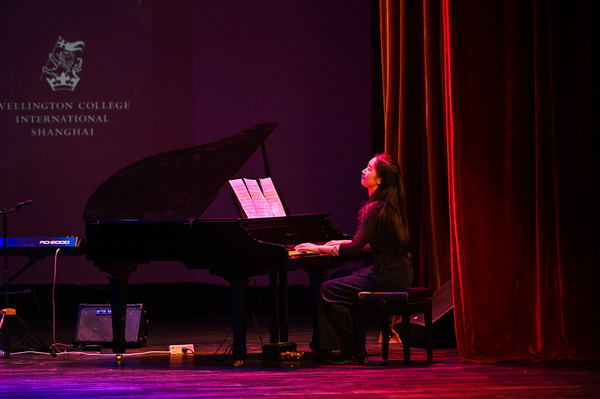 The obvious next question I get from parents once I outline all this is, "Well, what extracurricular activities should my child be doing?". Here, I’m afraid, there is no easy answer. There is a long-standing myth that pupils need to have a ridiculous range of activities in specific categories – ‘play a team sport, play an instrument etc..’. This approach may work for some pupils – but it isn’t necessary to cover such a broad range of every possible type of activity. Furthermore, the danger is that you don’t show a real level of commitment to any of them. It is also vital that any activity reflects the ‘true interests’ of the child. Forcing a child to take a particular activity, even with the best intentions, is likely to be counter-productive. I still haven’t quite forgiven my parents for forcing me to take piano lessons as a child!
In my discussions with parents I often ‘turn this whole approach around’ by referring to the attributes that a university is looking for and then asking them to come up with examples of activities that would provide good evidence that pupils have these attributes. Universities tend to look for activities that exhibit attributes such as leadership, community ethos, teamwork, drive, creativity, initiative and maturity. There is also the desire for candidates to show commitment to particular activities over time and to have a record of achievement which demonstrates how they have excelled at the particular activity they have been involved in.
The obvious next question I get from parents once I outline all this is, "Well, what extracurricular activities should my child be doing?". Here, I’m afraid, there is no easy answer. There is a long-standing myth that pupils need to have a ridiculous range of activities in specific categories – ‘play a team sport, play an instrument etc..’. This approach may work for some pupils – but it isn’t necessary to cover such a broad range of every possible type of activity. Furthermore, the danger is that you don’t show a real level of commitment to any of them. It is also vital that any activity reflects the ‘true interests’ of the child. Forcing a child to take a particular activity, even with the best intentions, is likely to be counter-productive. I still haven’t quite forgiven my parents for forcing me to take piano lessons as a child!
In my discussions with parents I often ‘turn this whole approach around’ by referring to the attributes that a university is looking for and then asking them to come up with examples of activities that would provide good evidence that pupils have these attributes. Universities tend to look for activities that exhibit attributes such as leadership, community ethos, teamwork, drive, creativity, initiative and maturity. There is also the desire for candidates to show commitment to particular activities over time and to have a record of achievement which demonstrates how they have excelled at the particular activity they have been involved in.
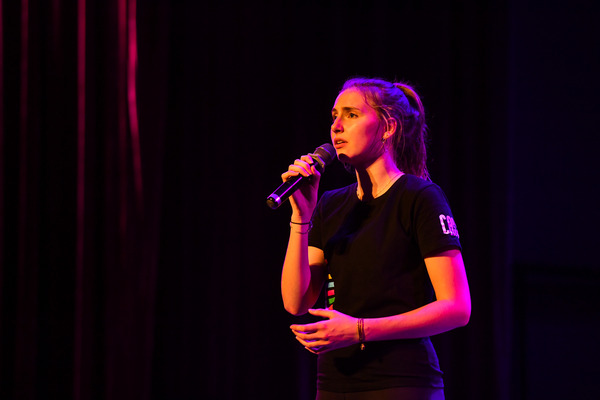 Now, clearly there are school-based activities that will help in this regard. A record of achievement over time in the school debating team or in MUN (Model United Nations) will fulfil many of these criteria as will someone who has been captain of their netball team or Head of College, or achieved gold awards in the UKMT Maths challenge etc. However, it is also possible to meet these expectations in less conventional ways. For example, a pupil could be interested in coin collecting and therefore set up their own coin collecting club at school and go on to exhibit their collection nationally and internationally winning awards in their age group. To be honest this, arguably, shows evidence of a greater drive and initiative than any of the other previous examples. It is not worth deliberately seeking out strange and unusual activities for a pupil – but it is certainly worth encouraging a pupil’s pursuits in such an area. This may well prove to be their USP (unique selling point) and will provide admissions tutors with a different set of talents than the typical applicant.
Now, clearly there are school-based activities that will help in this regard. A record of achievement over time in the school debating team or in MUN (Model United Nations) will fulfil many of these criteria as will someone who has been captain of their netball team or Head of College, or achieved gold awards in the UKMT Maths challenge etc. However, it is also possible to meet these expectations in less conventional ways. For example, a pupil could be interested in coin collecting and therefore set up their own coin collecting club at school and go on to exhibit their collection nationally and internationally winning awards in their age group. To be honest this, arguably, shows evidence of a greater drive and initiative than any of the other previous examples. It is not worth deliberately seeking out strange and unusual activities for a pupil – but it is certainly worth encouraging a pupil’s pursuits in such an area. This may well prove to be their USP (unique selling point) and will provide admissions tutors with a different set of talents than the typical applicant.
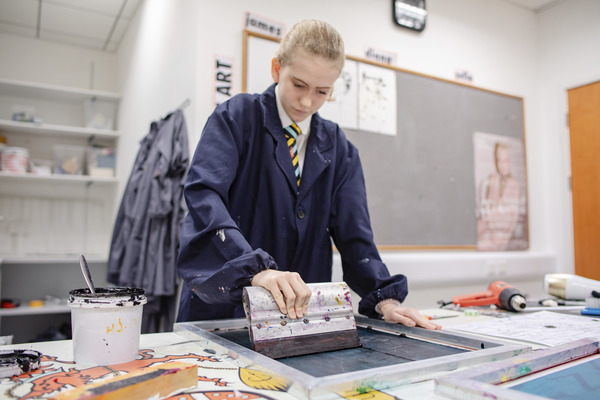 Being absolutely truthful, there may be occasions where a particular talent/skill may increase the chance of a successful application. For example, a university may need a tuba player for their orchestra or may be attempting to recruit for their fencing team. However, these are facts which are difficult to predict – particularly many years before a possible application. Obviously, if a pupil has a particular talent/skill which they perform at a significantly high level it is worth researching into the particular opportunities offered by different universities. However, generally speaking, when these exceptions are removed, universities don’t tend to favour one activity over another – it is what these activities say about the candidate that is much more important.
Now that we have looked at both extra-curricular and super-curricular activities in depth it is worth broaching the final set of questions I tend to get asked by parents."When should my child start focusing on these activities and what exactly should they be doing to document their involvement?"
Being absolutely truthful, there may be occasions where a particular talent/skill may increase the chance of a successful application. For example, a university may need a tuba player for their orchestra or may be attempting to recruit for their fencing team. However, these are facts which are difficult to predict – particularly many years before a possible application. Obviously, if a pupil has a particular talent/skill which they perform at a significantly high level it is worth researching into the particular opportunities offered by different universities. However, generally speaking, when these exceptions are removed, universities don’t tend to favour one activity over another – it is what these activities say about the candidate that is much more important.
Now that we have looked at both extra-curricular and super-curricular activities in depth it is worth broaching the final set of questions I tend to get asked by parents."When should my child start focusing on these activities and what exactly should they be doing to document their involvement?"
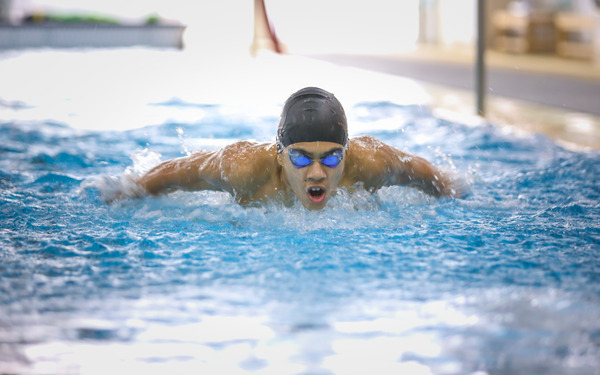 With wider extra-curricular activities preparations can start early as they don’t often require academic maturity or advanced subject knowledge. Pupils at Wellington are encouraged from year 9 onwards to document the activities they participate in and to ‘tag them’ with appropriate attributes they demonstrate. It is also advisable for university candidates to prove their ‘commitment’ to a few activities by showing how they have been involved with them for many years. Universities would not expect a pupil to do this with all activities and it is natural that a candidate’s activities will narrow and become more focused as they progress through their senior school years. A pupil in their final years of study, when they are clearer about where they are applying, should look to refine their activities to ensure they meet the demands and expectations of their intended destination.
With wider extra-curricular activities preparations can start early as they don’t often require academic maturity or advanced subject knowledge. Pupils at Wellington are encouraged from year 9 onwards to document the activities they participate in and to ‘tag them’ with appropriate attributes they demonstrate. It is also advisable for university candidates to prove their ‘commitment’ to a few activities by showing how they have been involved with them for many years. Universities would not expect a pupil to do this with all activities and it is natural that a candidate’s activities will narrow and become more focused as they progress through their senior school years. A pupil in their final years of study, when they are clearer about where they are applying, should look to refine their activities to ensure they meet the demands and expectations of their intended destination.
 Specific super-curricular activities are harder to start at an earlier age. They often require a degree of academic maturity and a base level of subject knowledge to build upon. Consequently, universities will generally not be interested in the specific activities that pupils will have engaged with in year 9 and 10. Nonetheless, parents and teachers in the lower Senior School years should nurture a pupil’s wider subject interests and encourage them to learn and research more outside of the curriculum. This will create the perfect platform for a pupil to engage with the type of activities that will impress a university. The key years here are the end of year 11 and, particularly year 12. Pupils here will have the required academic skills to demonstrate their ability to cope with undergraduate level study. Wellington pupils are encouraged to keep a journal about their super-curricular study – outlining what they have learned, what they have found interesting and what they are going to do to find out more. These will form the vital ingredients for the personal statement that pupils will start to formulate towards the end of year 12 and submit at the beginning of year 13.
As a closing point to this series of two articles, it is worth reiterating an important remark I made in the first instalment. The absolute top priority for any university application will be the academic grades that a candidate achieves at school. Any other aspects of an application process, including any extra-curricular or super-curricular activities, should enhance and fit around the demands of a pupil’s core academic programme. Ultimately, preparations for university study at a world-leading institution should start early and should focus on the full range of admissions procedures. However, it is vital that, whilst doing this, parents and pupils don’t lose sight of how the different aspects of any application will be judged and ensure that they place the correct amount of emphasis and attention on those different aspects.
Application to Wellington’s Academic Scholarship Programme is open until 17 April.
Find out more
Although our campus is physically closed – you can still take a look round via our new virtual tours. Our admissions team is readily available to answer any questions you might have and to guide you through the application process. Please do get in touch.
admissions.shanghai@wellingtoncollege.cn
Specific super-curricular activities are harder to start at an earlier age. They often require a degree of academic maturity and a base level of subject knowledge to build upon. Consequently, universities will generally not be interested in the specific activities that pupils will have engaged with in year 9 and 10. Nonetheless, parents and teachers in the lower Senior School years should nurture a pupil’s wider subject interests and encourage them to learn and research more outside of the curriculum. This will create the perfect platform for a pupil to engage with the type of activities that will impress a university. The key years here are the end of year 11 and, particularly year 12. Pupils here will have the required academic skills to demonstrate their ability to cope with undergraduate level study. Wellington pupils are encouraged to keep a journal about their super-curricular study – outlining what they have learned, what they have found interesting and what they are going to do to find out more. These will form the vital ingredients for the personal statement that pupils will start to formulate towards the end of year 12 and submit at the beginning of year 13.
As a closing point to this series of two articles, it is worth reiterating an important remark I made in the first instalment. The absolute top priority for any university application will be the academic grades that a candidate achieves at school. Any other aspects of an application process, including any extra-curricular or super-curricular activities, should enhance and fit around the demands of a pupil’s core academic programme. Ultimately, preparations for university study at a world-leading institution should start early and should focus on the full range of admissions procedures. However, it is vital that, whilst doing this, parents and pupils don’t lose sight of how the different aspects of any application will be judged and ensure that they place the correct amount of emphasis and attention on those different aspects.
Application to Wellington’s Academic Scholarship Programme is open until 17 April.
Find out more
Although our campus is physically closed – you can still take a look round via our new virtual tours. Our admissions team is readily available to answer any questions you might have and to guide you through the application process. Please do get in touch.
admissions.shanghai@wellingtoncollege.cn

相关资讯

What is iGEM and our project, Barnacure?2025-10-09
iGEM Competition & Barnacure Team Members Team Illustration by Joanna, Year 11Article written Jing Jing, Year 11Primary Principal Investigator: Thomas Edwards, Head of Biology & Head of Science What
点击阅读

惠灵顿学子在ACAMIS VEX机器人全国赛中大放异彩2025-03-10
在上周末举行的ACAMIS VEX机器人全国赛中,我校多支VEX机器人战队充分展现了他们出色的工程设计与编程能力,其中一支战队更是斩获了全国亚军! 本次赛事中,我校首批VEX IQ战队(7-9年级组)参与了“极速接力”项目的比拼。该赛项要求选手与随机匹配的外校战队合作,在1分钟内设计出能够完成传球并精准射门的机器人。 惠灵顿战队在这一项目中表现亮眼,从39支参赛队伍中脱颖而出,分别取得了第4名、
点击阅读

不要错过上海惠灵顿第二届舞蹈表演"Connecting eMotions."2025-04-17
诚邀您参加 5 月 8 日的 “Connecting eMotions”--我校的第二届舞蹈表演! 我们将隆重推出 “Connecting eMotions”,这是来自舞蹈资优学生项目和舞蹈辅助课程教学活动的学子们联袂献上的第二场表演。 今年的主题是颂扬连结的力量--既有情感上的,也有合作上的。我们的舞者通过团队协作共同创造出充满活力的作品,不仅视觉效果震撼,而且内涵丰富。在此过程中,他们培养了
点击阅读








